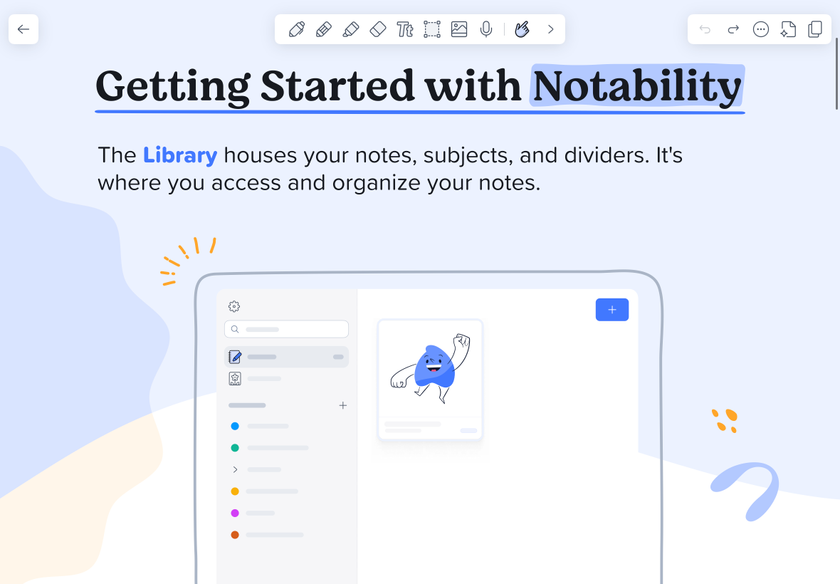What your mobile enterprise apps need: five must-have usability features
Understanding the user experience for enterprise apps
Idit Mishan added: "I can't say it is mandatory to use native clients; there are companies who innovate and create new usage patterns. But sometimes, it's a good decision to follow an already existing structure … and use native elements for a better user experience and for a better chance of a successful app."
Kevin Benedict called out the need to factor costs into the equation: "The amount of value you receive from developing in a native environment versus HTML5 should be considered against the far higher total cost of ownership of developing the same mobile app in a native environment for three different operating systems."
Dave Akka was quick to point out that it isn't an either/or scenario. "Tools like Magic's multi-channel application platform make it economical to create and maintain native applications as well as hybrid HTML5 applications."
Integration issues
Integration with back-office systems shouldn't be an afterthought. Enterprise apps are about advancing business processes, thus they require integration with backend systems. The interactions with these systems, whether real-time transactions, visualisation of data and/or synchronising data between systems, is an integral part of the user experience and needs to be considered from the outset.
"User experience includes everything that happens behind the scenes: integration, reliability, security, and authentication," explained Magic's David Akka.
"It is imperative to consider data feeds and queries that are impacted by backend systems and integrations," commented Kevin Benedict. "All of the features have an important influence on performance and contribute to the user experience."
Need for a strong ROI
The dynamic mobile and business environments mean that designers and developers need to quickly deploy many apps that will need constant updating. Numbers, time-to-market, updating and maintenance costs need to factor in the ROI calculation.
Are you a pro? Subscribe to our newsletter
Sign up to the TechRadar Pro newsletter to get all the top news, opinion, features and guidance your business needs to succeed!
"A positive ROI cannot be reached with small numbers of users if too much time and money is spent on design," commented Kevin Benedict. "You should deliver the best mobile app and experience as possible given the numbers of users involved."
"A weekly or bi-weekly update cycle is what is expected from mobile apps," added David Akka. "Organisations that don't keep up with that are putting their apps in danger of being labelled as out-of-touch."
Apps that are deemed a success bring value, utilise the device features users are familiar with, and can respond rapidly to dynamic business processes and changes in technology. Successful mobile apps not only deliver ROI based on increased efficiencies, but they also create strong user loyalty and enthusiasm for the value that IT brings.
- Stephan Romeder is the General Manager of Magic Software Europe












